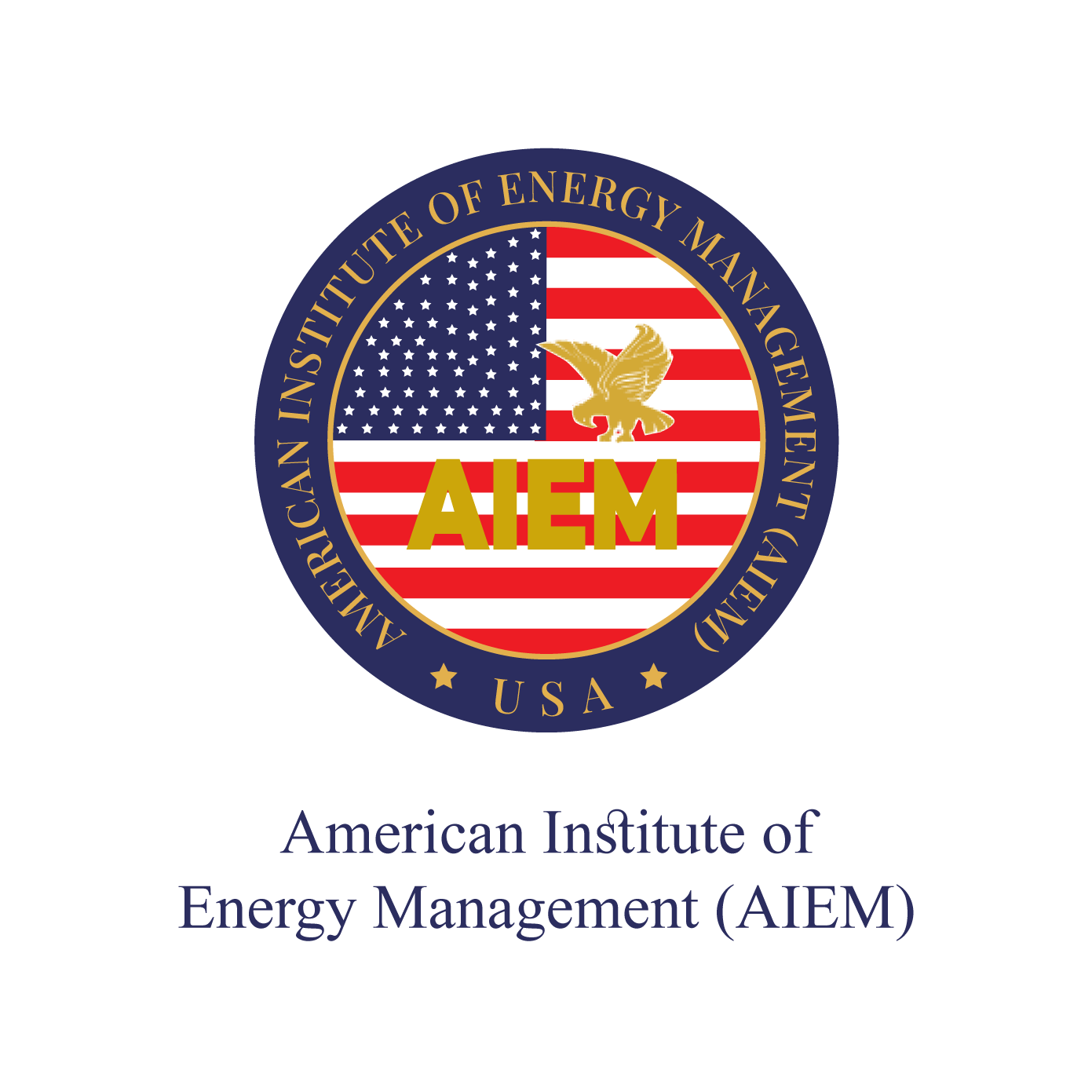
The American Institute of Energy Management (AIEM) is a globally focused institution dedicated to advancing executive leadership in the rapidly evolving energy sector. As a specialized affiliate of the American Institute of Business and Management (AIBM), AIEM inherits a strong foundation of academic rigor, international recognition, and professional standards, while focusing exclusively on the strategic needs of conventional and renewable energy industries. In an age defined by climate imperatives, energy transition, and digital transformation, AIEM provides high-impact, C-Level certification programs designed to empower energy professionals with the vision and tools to lead with purpose.
AIEM’s programs address critical areas such as power generation, energy finance, grid modernization, ESG strategy, carbon management, policy development, and innovation in renewables and alternative fuels. Each certification is tailored to real-world executive functions and developed in consultation with industry leaders, technical experts, and sustainability strategists. By integrating global frameworks such as ISO 50001, UN SDGs, and energy transition roadmaps, AIEM ensures that its learners are aligned with both industry best practices and emerging global trends.
As an affiliate of AIBM, AIEM benefits from a strong institutional network, access to interdisciplinary knowledge, and a global platform for collaboration. The affiliation strengthens the credibility of its certifications and positions AIEM as a trusted partner for executives seeking career advancement, sectoral influence, and global impact. With a hybrid learning model that includes self-paced modules, live mentorship, and capstone projects, AIEM ensures that learning is practical, flexible, and outcome-driven.
AIEM is more than a certifying body—it is a leadership platform for professionals shaping the future of global energy. Its commitment to innovation, ethics, climate resilience, and inclusive growth is embedded in every program. Whether managing utility-scale projects, designing sustainable energy systems, or leading national policy initiatives, AIEM-certified professionals are equipped to drive transformational change across the energy value chain.
In the 21st century, Energy Management emerges as a linchpin of sustainable development, economic efficiency, and environmental stewardship. It plays a central role in optimizing energy resources, reducing carbon footprints, and steering industries towards a cleaner and more sustainable future. As we embark on this discussion, we will explore the current and future job prospects within Energy Management, underscored by compelling statistics that highlight the growing demand for expertise in this field, as well as the significance of certifications in advancing careers and promoting energy efficiency.
Energy Management offers a wide spectrum of job opportunities, and the current job market in this field is dynamic and diverse. Professionals in Energy Management are tasked with optimizing energy consumption, reducing waste, and implementing sustainable practices across industries. Some prominent current job roles include:
The future of Energy Management is marked by innovation, technological advancements, and a growing emphasis on sustainable practices. Anticipated future roles may include:
The Significance of Energy Management Certifications:
In conclusion, Energy Management is a vital field with a wide array of current and future job opportunities. Certifications play an instrumental role in preparing professionals for success in this dynamic industry, providing them with the expertise and recognition needed to navigate the complex world of energy management while advancing sustainability and energy efficiency goals.

AIBM and its subsidiary institutions AIFB, AICM, AIDSAI, AIDM, AIREM, AIEM, AIEHSM, AIHHM, AIIT, AIIM, AIIHM, AIOGM, AIPC, AIPLM, AIREM, PowerPhD Institute and OMI offer a range of progressive, flexible and affordable business, management and skill based professional certifications.